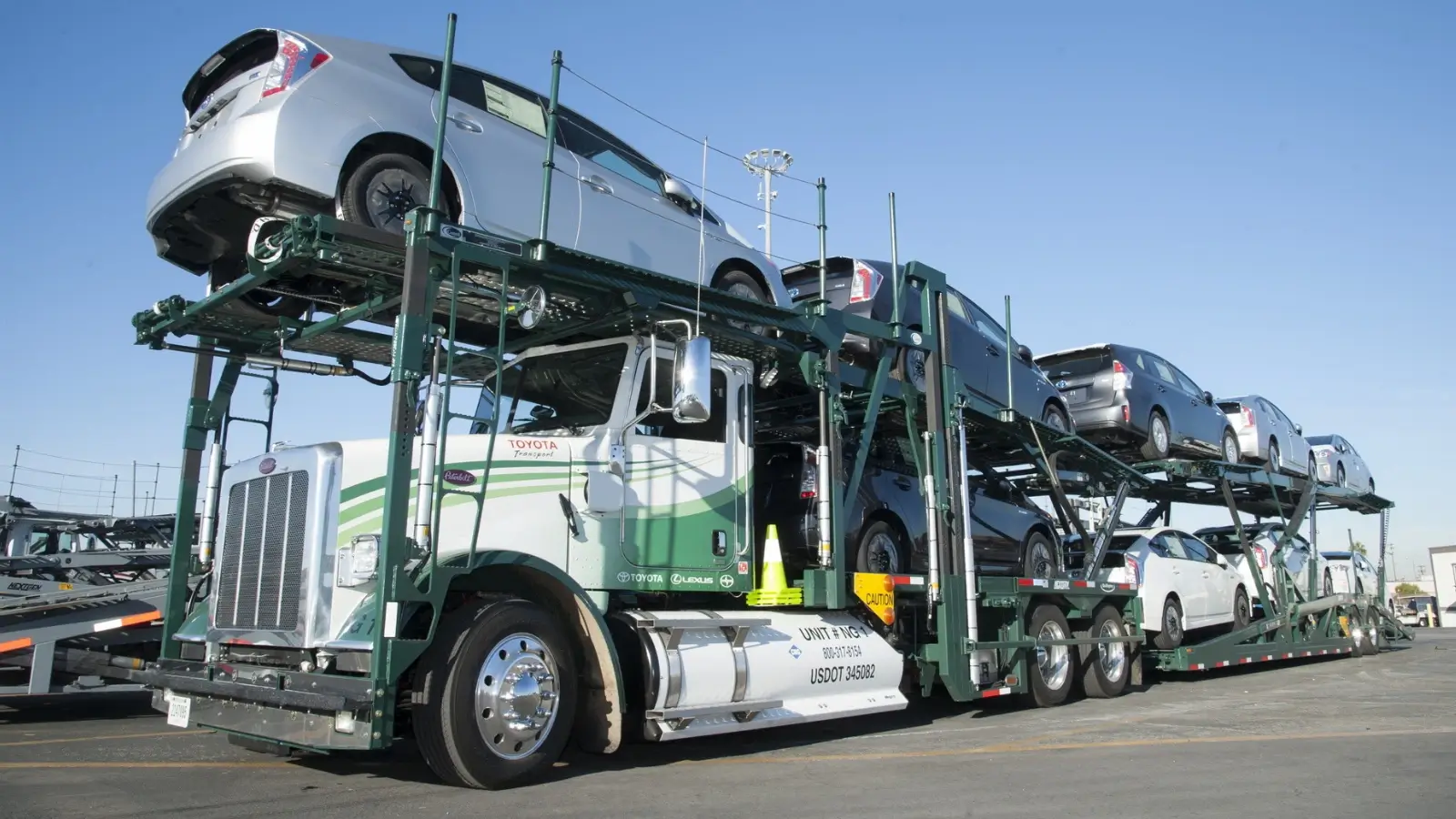


Even before 2024 ended, trucking hit rock-bottom markets. Industry analysts call 2025 “the toughest market in over a decade”. U.S. freight volumes are still roughly 4% below 2022 levels and spot-market rates fell so low that many loads paid at or below operating cost. In the auto transport industry, this squeeze shows in car hauling rates: one report finds short local hops paying $5+/mile while cross-country loads may only fetch $0.40–$0.50/mile. In such a tight market, running at peak efficiency is essential. A growing number of car carriers report that teaming up with a specialized car hauler dispatcher can be the difference between losing money and staying profitable on every trip.
After a cycle of overcapacity, carriers have to plan every move. Recent data show truck freight volumes still down ~4% from pre-pandemic peaks and open-board spot rates spent much of 2024–25 near or below break-even. Carriers hauling vehicles see these pressures directly. A Central Dispatch study found the average car-shipping price-per-mile fell to about $0.95 by mid-2025, even as average haul lengths grew (about 1,210 miles per load). Seasonal swings still exist – for example, winter weather pushes Florida-bound car shipments about 15% higher – but overall demand is weak. In this environment, even a small bump in your car hauling rates per mile can mean a load is profitable or not.
Running long-haul car routes profitably in 2025 requires squeezing every advantage. The best car-hauler dispatcher brings market intelligence and industry contacts that owner-operators usually lack. Dispatchers continuously monitor load boards and market indices; they “act as market analysts” for your trucks, steering them into the strongest lanes. For example, they might redirect a driver into a current “hot spot” region where load-to-truck ratios are favorable. They also leverage broker and dealer relationships: many of the best-paying auto-haul contracts never appear on public boards, and dispatch services hear about those loads first. In tight markets they can even shift trucks into dedicated contract lanes to ensure a baseline revenue when spot rates dip. In short, a dispatch partner unlocks freight and pricing you’d otherwise miss.
The 2025 freight market is unforgiving, but car carriers are not without tools. A skilled car hauler dispatch company essentially becomes an extra team member, handling the details of load hunting, broker relations and route optimization. This frees drivers to focus on the road while knowing every mile is being maximized. Truck drivers and fleet owners should view dispatch support as a strategic asset: with thin spot markets and high costs, knowledge and relationships are the edge that keeps rigs rolling profitably. In the end, improving your average car hauling rates even slightly on each trip adds up to real dollars. By partnering with a knowledgeable auto-transport dispatch service, long-haul carriers ensure that “every mile counts” toward profit.